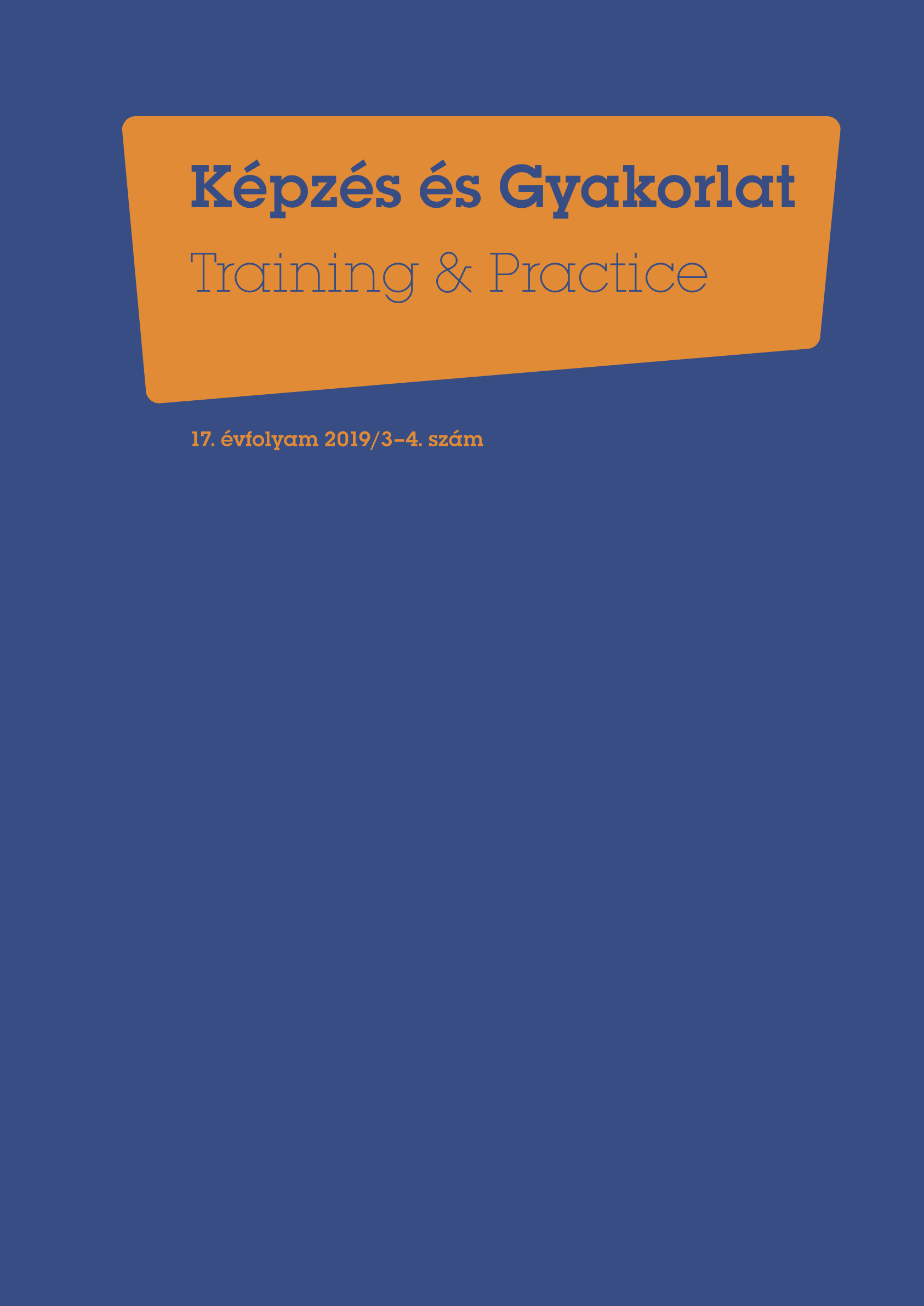Gyógytestnevelők motivációja a továbbképzések terén
DOI:
https://doi.org/10.17165/TP.2019.3-4.7Resumen
A gyógytestnevelés szemléletében, szakmaiságában megújul, melynek meghatározó eleme az új eljárások, módszerek megismerése, bevezetése, adaptálása. Szükség van olyan kutatásokra, amelyek elősegítik a gyógytestnevelés területén meglévő elméleti tudás bővítését, kiegészítését, az innovatív eszközökkel és módszerekkel kapcsolatos ismeretek elsajátítását, s azok gyakorlati alkalmazhatóságát. Kutatásunk céljaként a gyógytestnevelő tanárok továbbképzési motivációinak felmérését és a tanultak gyógytestnevelésben való alkalmazhatóságának vizsgálatát tűztük ki. Az eredmények alapján elmondható, hogy gyógytestnevelők évente kb. 2-4 napot töltenek továbbképzéssel, rendszeresen részt vesznek országos konferenciákon és helyi szakmai napokon egyaránt. Leginkább szakmai kíváncsiságuk, a megszerezhető tudás gyakorlati alkalmazhatósága motiválja őket a képzéseken való részvételben. Az új eszközök és módszerek közül a gyógyúszás, a fitball és a Schroth terápia képzései a leglátogatottabbak, ezek gyakorlati alkalmazhatósága változó. A későbbiekben a legtöbb gyógytestnevelő a gerincstabilizációs tréning, Schroth terápia, gyógyúszás és TRX képzéseken venne részt. A jövő feladata ezen módszerek és eszközök adaptálása a gyógytestnevelésbe.
Referencias
Csider Tibor – Kránitz Istvánné (1972.). Gyógyító testmozgás. Budapest, Sport.
Érdi-Krausz Zs. (1995). Mindenki gyógytestnevelése. Budapest, Fővárosi Pedagógiai Intézet.
Gárdos M, Mónus A. (2003). Gyógytestnevelés. Budapest, Testnevelési Fősikola.
H. Ekler J. (2018). Tananyag feldolgozás a testnevelésben projekt módszerrel – a projektesi. Sport és Egészségtudományi Füzetek, 2. évf. 4. sz. pp. 15–28.
Nemessúri M. (1965). Gyógytestnevelés. Budapest, Tankönyvkiadó.
Simon I. Á. (2015). A gyógytestnevelés elmélete és módszertana. Nyugat-magyarországi Egyetem, Szombathely
Simon I. Á., Kajtár G. (2018). A gyógytestnevelés jelentősége a szekunder rehabilitáció és egészségfejlesztés folyamatában – A megújulás szükségessége és irányai. Egészségfejlesztés, 59. évf. 1. sz. pp. 37–44. DOI: https://doi.org/10.24365/ef.v59i1.222
Vezér K., Andikné Sch. K., Korbélyné T. M. (2018): Jógyakorlat, avagy „Kéttanáros Modell” a mindennapos testnevelés rendszerében. Sport és Egészségtudományi Füzetek, 2. évf. 4. sz. pp. 47–53.
Descargas
Publicado
Número
Sección
Licencia
Derechos de autor 2019 Őry Eszter, Kajtár Gabriella, Simon István Ágoston

Esta obra está bajo una licencia internacional Creative Commons Atribución-NoComercial-SinDerivadas 4.0.








